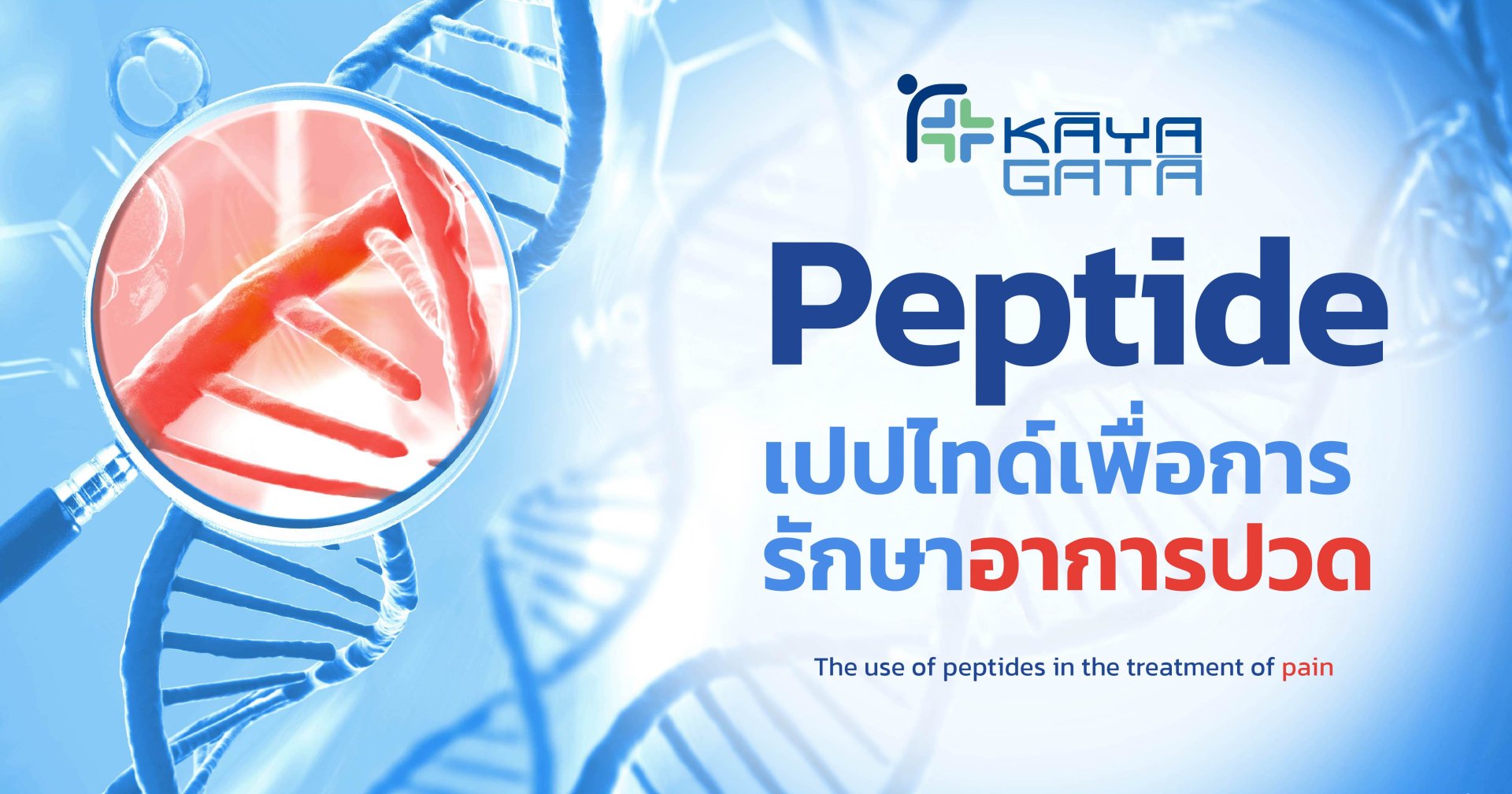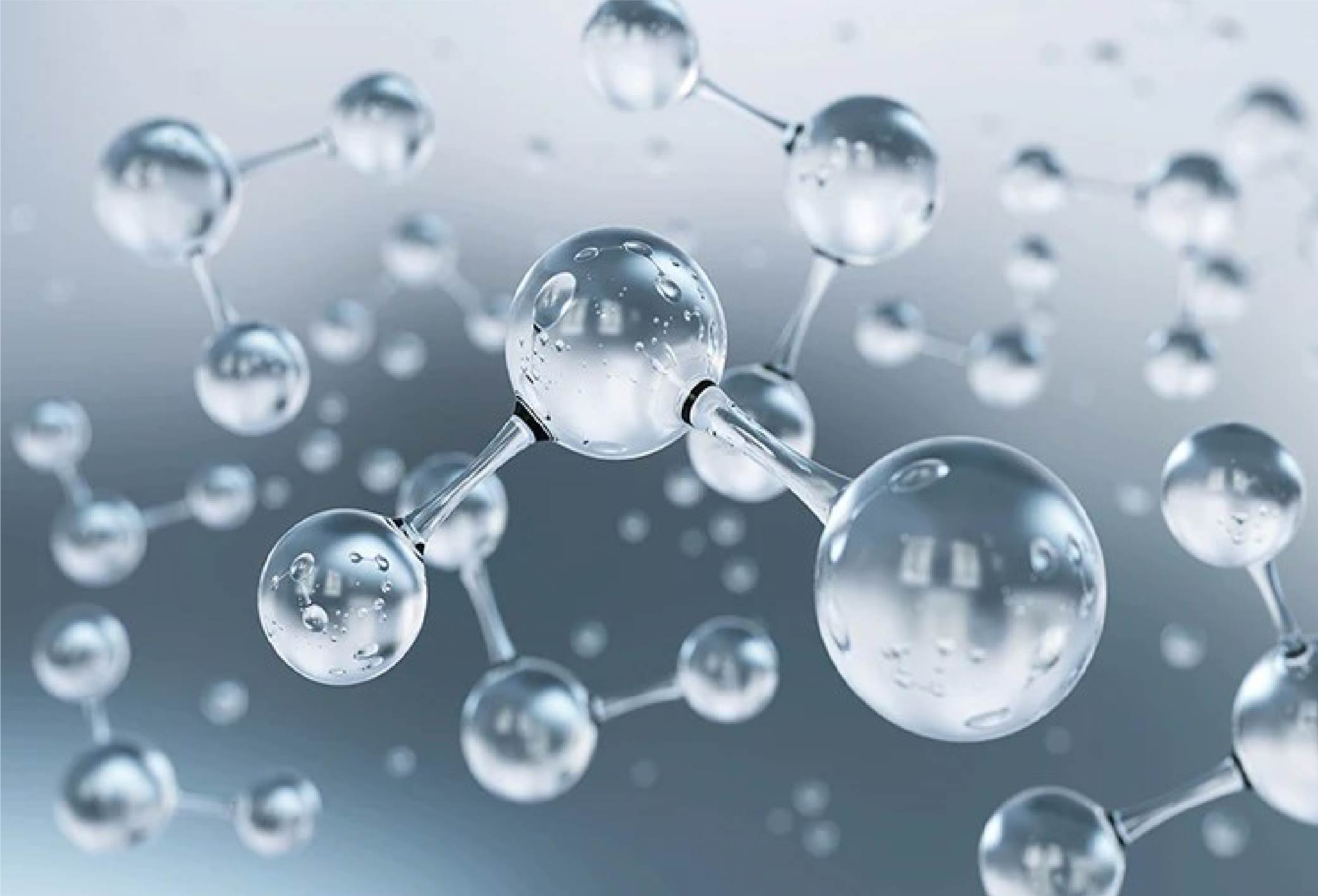Peptides: Unlocking the Power of Cellular Repair and Pain Relief

What Are Peptides?
Peptides are the smallest building blocks of proteins. In medical treatments, therapeutic peptides are highly organ-specific, designed to stimulate and repair cells in specific organs or tissues.
For instance, in a patient with diabetes where the pancreas is underperforming, a pancreas-derived peptide may be used to stimulate and regenerate pancreatic cells. Similarly, brain-derived peptides target brain cells, and knee joint peptides are used for joint repair. This organ-matching approach enhances treatment precision.

How Do Peptides Know Where to Go?
Each peptide type carries a targeting code, which is a unique sequence of amino acids at its tail end. This code directs the peptide to the specific tissue needing repairmuch like a postal code that ensures a package reaches the correct address.

Peptides for Pain: CPT and FCT
When it comes to pain management, especially related to bones, joints, and muscles, two peptide types are commonly used:
- CPT (Cellular Peptide Therapy)
- FCT (Functional Cell Therapy)
FCT is more frequently used due to its direct extraction from specific organs, allowing for precise, organ-based repairideal for chronic joint pain or musculoskeletal issues.
Treatment with CPT/FCT Peptides
Peptide therapy is typically used alongside other primary treatments. For example, in a patient with joint pain, physical therapy may be prescribed first, with peptide injections as a complementary therapy.
In some cases, doctors may prescribe more than one type of peptide, depending on the condition. However, a patient is typically treated with no more than two peptides per week, with one injection of each.

Treatment Outcomes and Timeframe
- Some patients feel improvement within 1 month
- Others see results around 2 months
- For some, subjective symptoms may not change quickly, but lab results show clear improvements
Because peptide therapy works at the cellular level, its effects are gradual and cumulativeunlike fast-acting painkillers, its not designed for immediate relief but for deep, long-term healing.
Who Typically Receives Peptide Therapy?
Peptide therapy is frequently used for:
- Chronic conditions such as hypertension, diabetes, autoimmune disorders, and
- Pain-related issues involving joints and muscles
Although rare, allergic reactions can occur, but reported cases are minimal.

An Integrative Approach to Pain and Health
The GaiKata medical philosophy follows a holistic approach, treating both symptoms and root causes. For patients suffering from chronic pain, symptom relief is just the beginning. The ultimate goal is to treat the underlying cellular dysfunctionand peptide therapy plays a vital role in this strategy.
Though results take time, peptides offer a powerful and targeted method for stimulating healing and cellular repair, helping restore health from the inside out.


